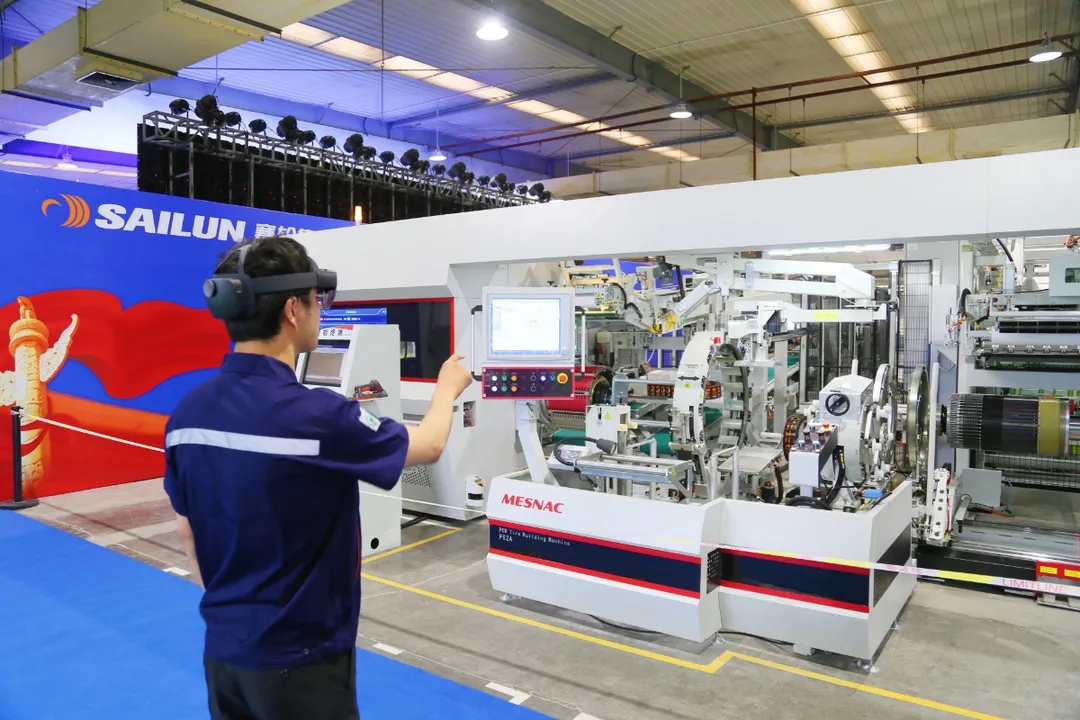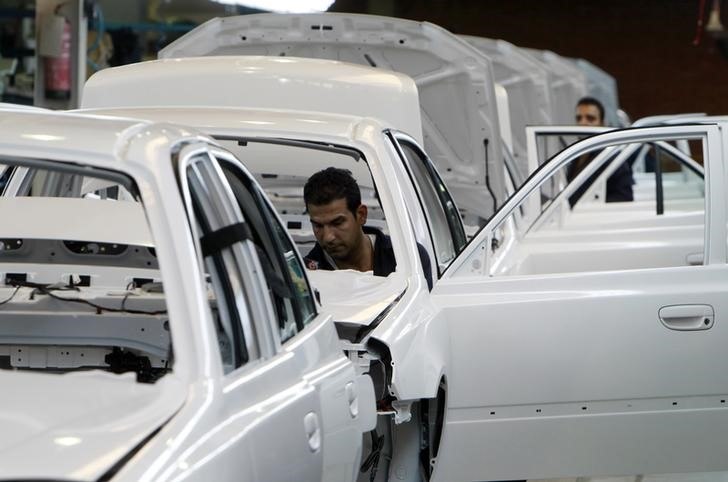
Egypt has taken another significant step toward boosting its automotive sector, signing a $1 billion agreement with China’s Sailun Group to build a large-scale tire manufacturing facility in the Suez Canal Economic Zone (SCZone).
- Egypt signed a $1 billion agreement with China’s Sailun Group to build a tire manufacturing facility in the SCZone by 2026.
- The factory aims to satisfy domestic demand and position Egypt as a regional export hub for Africa, the Middle East, and Europe.
- The investment aligns with Egypt’s strategy to localize production, reduce imports, and reinforce its regional manufacturing capacity.
According to a cabinet statement, the first phase of the project is planned to be completed in 2026.
Sailun, a worldwide tire production leader with modern manufacturing sites in China and Vietnam and extensive sales networks in Canada, Germany, and other countries, will bring world-class experience and technology to Egypt.
The factory will not only meet domestic demand, but will also establish Egypt as a tire export center for Africa, the Middle East, and Europe, taking advantage of the SCZone’s strategic location.
The government has granted the zone specific legal and fiscal privileges to gain from international ships passing by.
The zone’s chairman stated last year that it was investing substantially in infrastructure as it attempted to recruit companies.
China has been attempting to increase its economic involvement in Egypt through initiatives related to manufacturing, green hydrogen, ports, and space.
This investment is in line with Egypt’s overall automotive industry goals, which include localizing production, reducing reliance on imports, and establishing a regional manufacturing hub.
In recent years, Egypt has implemented policies to attract international automakers and component manufacturers, strengthen local supply chains, and boost exports.
A key example of this is BMW’s entry into the Northern African country. In December 2022, the General Manager of BMW Egypt at Global Auto Group, Khaled Shedid, noted that production for the first batch of BMW cars assembled in Egypt would begin in 1Q of 2023.

Additionally, Egypt allocated EGP 1.5 billion in its 2024–2025 budget to enhance localization. Part of this included support for Sumitomo’s global automotive wiring harness facility, which will create 10,000 jobs and serve as an export hub for European automakers.
The installation of a new tire facility addresses a vital component of the automotive value chain, generating prospects for synergy with Egypt’s current vehicle assembly factories and anticipated electric vehicle projects.
It is projected to produce major employment, boost technical skills among Egyptian workers, and stimulate additional foreign investment into the area.
By including upstream components such as tire manufacturing in its industrial structure, Egypt increases its competitive position in meeting regional automobile demand.
With the SCZone functioning as a trade gateway, the project demonstrates Egypt’s desire to transition from a car assembly market to a full-fledged automotive manufacturing center.
If carried out successfully, the Sailun cooperation might be a watershed event in Egypt’s drive toward self-sufficiency and worldwide competitiveness in the automotive sector.












